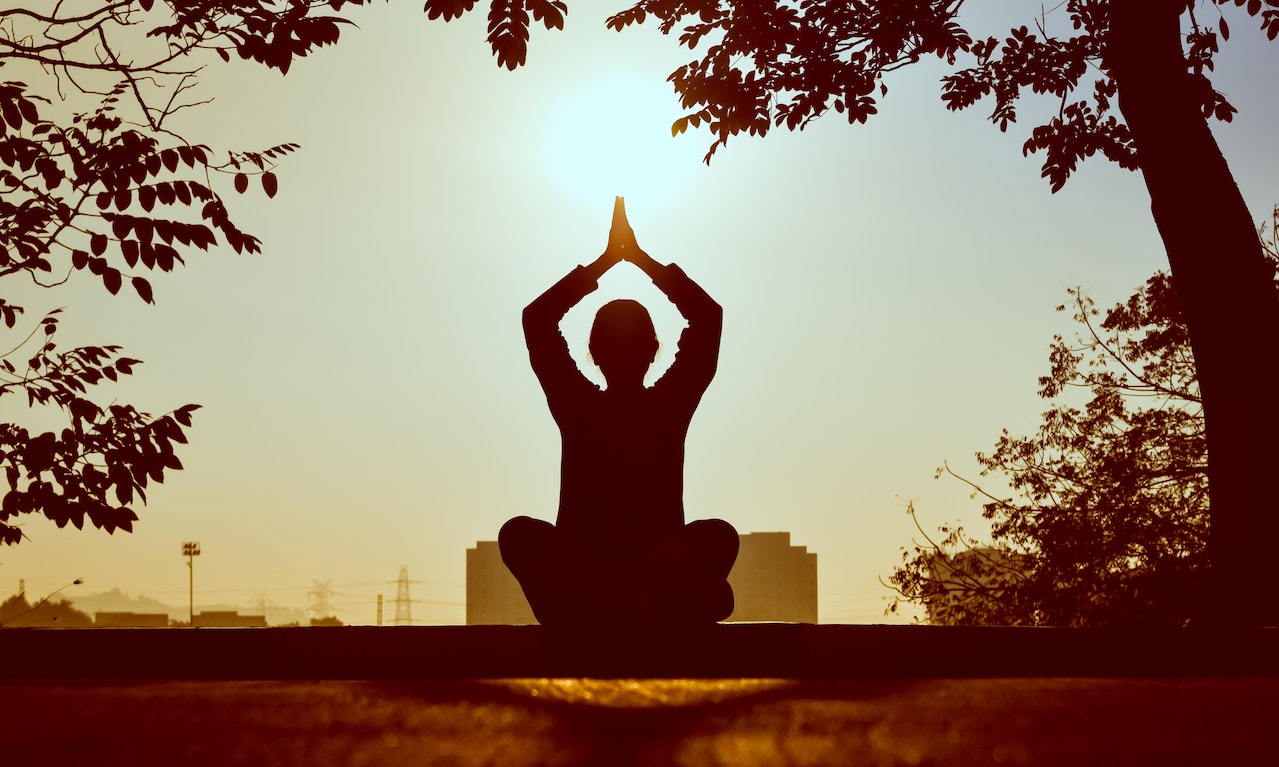A good night’s sleep is one of the most important parts of a healthy lifestyle. It helps the body recover, strengthens the mind, and improves mood and concentration. While sleep depends on many factors such as routine and diet, one of the most important is having a comfortable sleep environment. The space where we sleep greatly affects the quality and duration of our rest.
A comfortable sleep environment should help the body and mind relax. The bedroom should be a place of peace and calm. Keeping the room clean, quiet, and organized helps create a sense of comfort. Clutter can make the space feel stressful, while a neat and tidy room encourages relaxation.
Lighting plays a major role in sleep quality. Bright lights signal the brain to stay awake, while dim or soft lighting tells the body that it’s time to rest. Using warm, low lights in the evening and keeping the room dark during sleep can improve rest. Blackout curtains or eye masks are helpful for blocking outside light, especially for people who live in busy or brightly lit areas.
Temperature is another key factor. The body’s temperature naturally drops at night, and a slightly cool room helps maintain this natural rhythm. A temperature between 18°C and 22°C (65°F–72°F) is generally considered ideal. Using breathable bedding and wearing comfortable sleepwear helps prevent overheating or discomfort.
The bed and mattress are the heart of a good sleep environment. A supportive mattress and soft pillows help maintain proper posture and reduce back or neck pain. Everyone’s comfort level is different—some prefer a firm mattress, while others sleep better on a softer one. The goal is to find bedding that supports your body comfortably throughout the night.
Noise control is equally important. Sudden or loud sounds can interrupt deep sleep. Using earplugs, a white noise machine, or soft music can help block unwanted sounds. For some people, gentle nature sounds like rain or ocean waves create a soothing background for sleep.
To create a truly restful environment, it’s also helpful to keep electronic devices out of the bedroom. The blue light from phones, tablets, and televisions can disturb the body’s natural sleep cycle. Reading a physical book, meditating, or practicing deep breathing before bed are better ways to relax.



